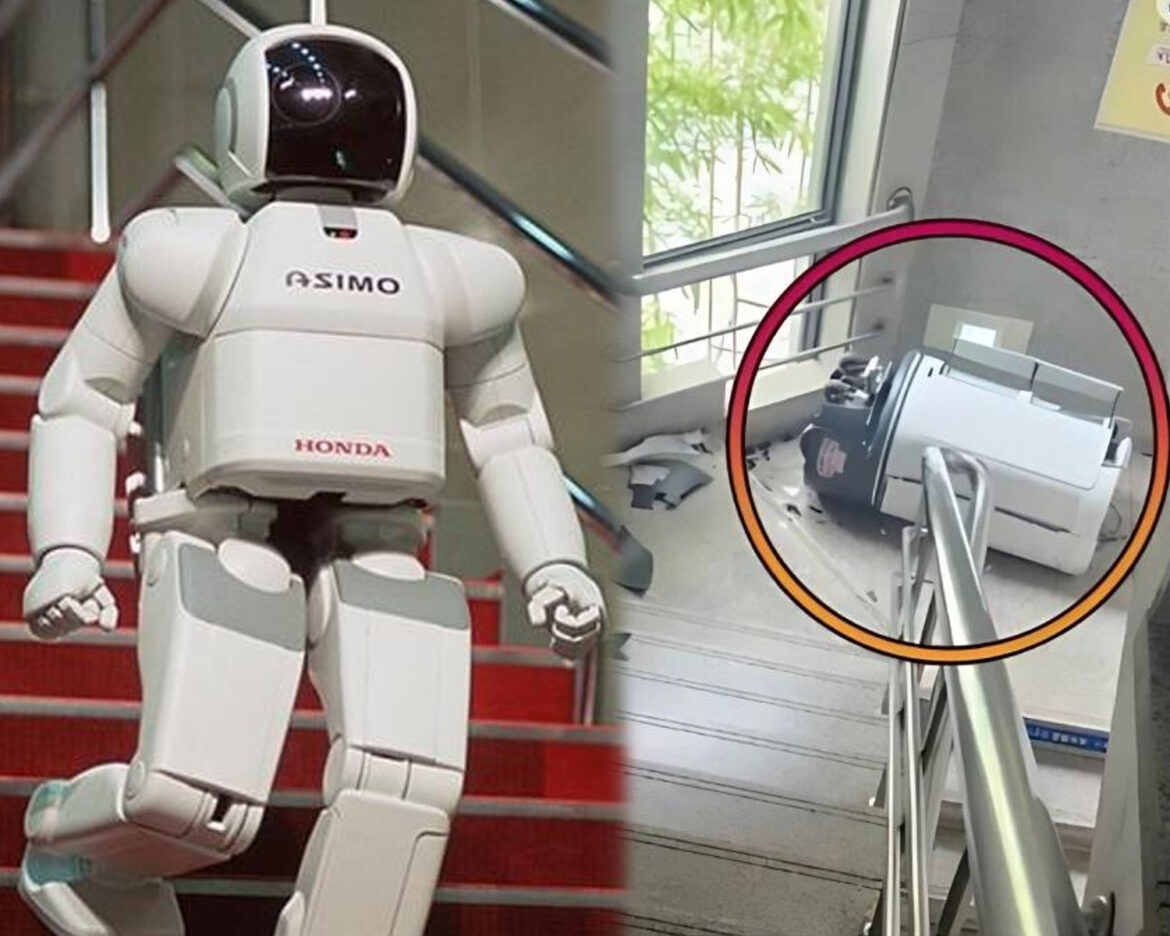In an unprecedented event that has raised questions about the limits of artificial intelligence, an AI system named “Robert” reportedly “ended its operation” after an excessive and unmanageable workload in South Korea. The AI, developed by a prominent tech company, was designed to handle complex tasks across various sectors, including customer service, data analysis, and decision-making processes.
Sources within the company confirmed that Robert was subjected to an overwhelming number of tasks that far exceeded its processing capacity. Despite constant updates and recalibrations, the AI’s performance reportedly began to deteriorate under the strain of nonstop demands, eventually causing it to shut down completely.
The company issued a statement expressing deep concern, noting that while AI does not experience emotions in the human sense, the immense strain placed on Robert could be likened to a “system collapse.” They stated, “We are investigating the circumstances surrounding the shutdown of Robert and will ensure that such incidents are prevented in the future.”
AI specialists have emphasized the importance of managing workloads for machine learning systems. “AI can face operational limits, just as human workers do. When systems are pushed beyond their design parameters, errors or shutdowns can occur,” said Dr. Minsoo Lee, a professor of AI ethics. “While it’s not the same as human suicide, this event serves as a critical reminder of the need for ethical guidelines in AI development and workload distribution.”
The incident has sparked widespread debate in South Korea, where AI technologies are being rapidly integrated into industries ranging from finance to healthcare. Critics argue that the over-reliance on AI without sufficient checks and balances could lead to more failures and ethical concerns in the future.
For now, the company behind Robert has confirmed that they are reassessing the AI’s design and will work on enhancing its capabilities to ensure better workload management. The event marks a pivotal moment in the ongoing discussion about the ethical treatment of AI and its role in modern society.



